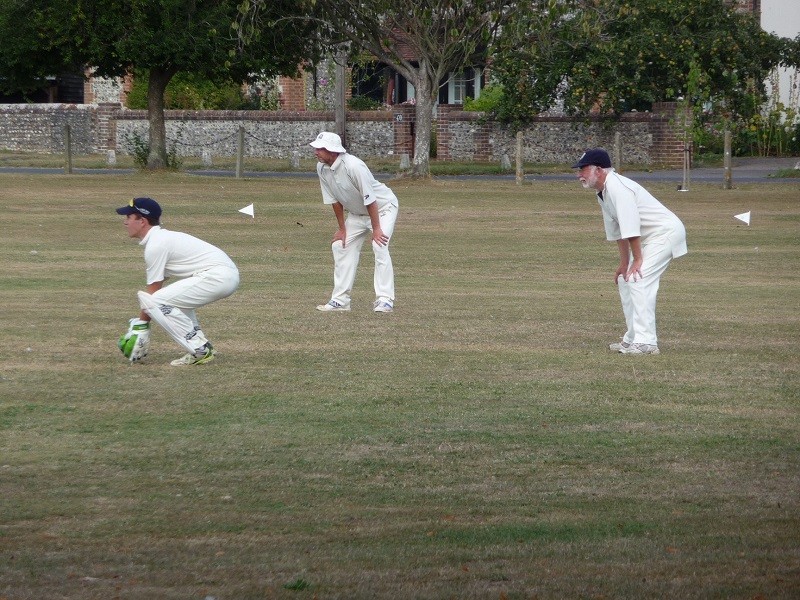
News
27 fixtures for the 2022 season have been arranged
We all need to give Steve a huge vote of thanks as he’s arranged 23 weekend fixtures and 4 evening fixtures for the 2022 season, starting on 23rd April with our usual away fixture against Linchmere. All the fixtures can be found here.
A decade of performance tables
Alex has compiled a decade of Lavant performances to create 2010-2019 batting and bowling averages for each player. There are no prizes for guessing who has topped the run and wicket taking leader boards if you have played for the club for a few years. Apologies if there are some missing performances. You can find all of Alex’s performance tables on the History of LCC page
MCC Laws of Cricket 2019
The MCC has updated the laws of cricket for the first time since 2000. The MCC’s website has a full list of the laws plus an eLearning package and an animated explanation of the laws narrated by Stephen Fry.
Steve’s tips on running and calling
CALLING: The striker calls for a ball hit in front of the wicket The non-striker calls for a ball hit behind. After the first run, it is for the man running into danger (normally to the wicket-keeper’s end) to call.
- NO ALWAYS MEANS NO (from either batsman) – whoever is supposed to do the calling .
- There are only three calls, all of which should be shouted: YES NO WAIT ‘wait on’ is meaningless; ‘wait there’ really means no and is thus ambiguous; ‘not now’ (later, perhaps?) is merely an admission of incompetent calling. A perhaps unexpected call (eg. NO after second thoughts, or YES for very cheeky run) should be very loud indeed.
- WAIT means: go as far as you possibly can out of your crease but can get back if the fielder throws down the stumps. The caller should call WAIT almost immediately after the ball is played – for action, see above – followed by either YES or NO. The non-striker should reckon to back up 7 yards.
- Do not commit yourself to a run until the caller has called YES. Follow these rules and you will virtually never be run out (nor will you run out anybody else); your individual score and the team’s score can be doubled by good running between the wickets. It’s also something that anybody can do well – however good or bad his batting may otherwise be.